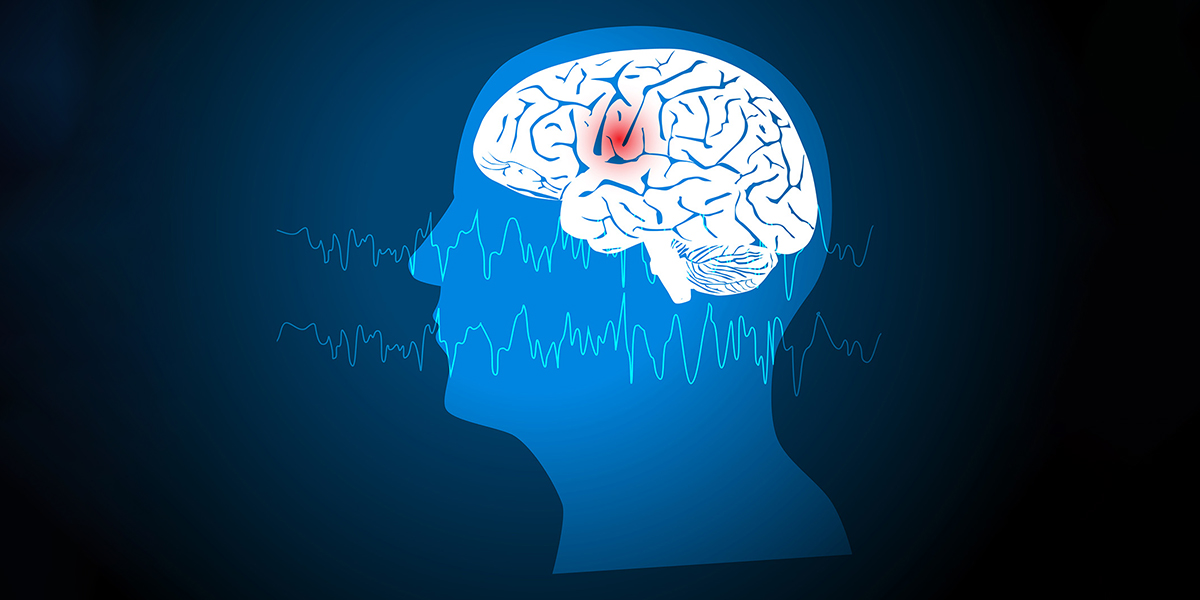Epilepsy, a neurological disorder characterized by recurrent seizures, can affect individuals of all ages, including older adults. While it’s commonly associated with childhood, epilepsy can develop or persist into the senior years. Understanding the types of epileptic seizures that can occur in older adults is crucial for both caregivers and seniors themselves. In this blog, we’ll explore the various types of epileptic seizures seen in the elderly, their potential causes, and the importance of specialized care, with a focus on Athulya Senior Care, a leading palliative care centre in Coimbatore.
Understanding Epilepsy in the Elderly
Epileptic seizures are caused due to abnormal electrical activity in the brain. In older adults, several factors can contribute to the development of epilepsy, including brain injuries, strokes, brain tumors, or underlying medical conditions. It’s important to recognize that epilepsy is not solely a childhood condition; seniors are also susceptible.
Types of Epileptic Seizures in the Elderly
There are two major types of epileptic seizures which include focal seizures and generalised seizures. Each one of them causes different behavioural and physical changes.
- Focal seizures: Focal seizures, also known as partial seizures, are a type of epileptic seizure that originates in a specific area of the brain. Unlike generalized seizures that affect both sides of the brain simultaneously, focal seizures begin in a particular region and can result in a wide range of symptoms depending on their point of origin and spread.
- Generalized seizures: Generalized seizures are a type of epileptic seizure that involves abnormal electrical activity throughout the entire brain, rather than originating from a specific focal point. Unlike focal seizures, which begin in one area of the brain and can cause localized symptoms, generalized seizures affect both hemispheres of the brain simultaneously, resulting in widespread and often dramatic symptoms.
Focal Seizures
There are two main categories of focal seizures including simple focal seizures and complex focal seizures.
- Simple focal seizures, also known as focal onset aware seizures or simple partial seizures, are a type of epileptic seizure characterized by specific symptoms or sensations that occur without a loss of consciousness. These seizures originate in a particular area of the brain and result in various sensory, motor, or autonomic symptoms, depending on which part of the brain is affected.
- Complex focal seizures, also known as complex partial seizures, are a type of epileptic seizure characterized by altered consciousness or awareness. These seizures typically originate in a specific area of the brain and often involve complex symptoms that can be mistaken for unusual behaviour. Unlike simple focal seizures, where consciousness remains intact, complex focal seizures result in varying degrees of impaired awareness or responsiveness.
Generalized Seizures
There are several subtypes of generalized seizures, each with its own set of characteristics:
- Tonic-clonic seizures, formerly known as grand mal seizures, are a type of generalized epileptic seizure characterized by distinct phases and often dramatic symptoms. These seizures involve abnormal electrical activity throughout the entire brain, resulting in widespread and synchronized neuronal firing.
- Absence seizures, which are typically associated with childhood epilepsy, are relatively rare in older adults. These seizures are characterized by brief episodes of altered consciousness or awareness, during which the person may appear to stare blankly into space and become unresponsive to their surroundings. Absence seizures are often very short, lasting only a few seconds, and they typically do not involve noticeable motor symptoms.
- Atonic seizures, also known as drop seizures, are a type of epileptic seizure characterized by sudden loss of muscle tone, resulting in a loss of postural control. These seizures can affect various muscle groups in the body and often lead to a person collapsing or falling to the ground.
- Myoclonic seizures are a type of epileptic seizure characterized by sudden, brief, and involuntary muscle contractions or jerks. These contractions can affect various muscle groups in the body and may occur singly or in clusters. Myoclonic seizures can be caused by various underlying conditions, including epilepsy syndromes.
- Clonic seizures are characterized by repetitive, rhythmic, and jerking muscle movements. These seizures typically affect specific muscle groups in the body and are often seen in generalized tonic-clonic seizures or complex focal seizures. Clonic seizures can vary in duration and severity, and they may involve both sides of the body or just one side.
- Tonic seizures are a type of epileptic seizure characterized by sudden and sustained muscle contractions or stiffness in the body. These seizures typically affect the muscles in the arms, legs, and sometimes the trunk. Tonic seizures can vary in duration and may be focal (affecting one part of the body) or generalized (affecting both sides of the body).
Epilepsy Management and Palliative Care at Athulya Senior Care
Athulya Senior Care, a renowned palliative care centre in Coimbatore, recognizes the unique challenges older adults with epilepsy face. Their approach to epilepsy management includes:
- Specialized Medication Management: Athulya’s experienced medical team ensures that residents receive appropriate epilepsy medications to control seizures while minimizing side effects.
- Comprehensive Care Plans: Each resident’s care plan is tailored to their specific needs, whether they have epilepsy alone or alongside other medical conditions.
- Safety Measures: Athulya Senior Care prioritizes resident safety, implementing measures to prevent falls and injuries during seizures.
- Emotional Support: Seniors with epilepsy often experience emotional distress. Athulya provides emotional support and encourages engagement in activities that enhance their quality of life.
Thus, Epilepsy is a medical condition that affects people of all ages, including older adults. Recognizing the types of epileptic seizures in seniors, their causes, and the importance of specialized care is vital for ensuring their well-being. Athulya Senior Care, a leading palliative care centre in Coimbatore, offers comprehensive care and support to seniors with epilepsy, focusing on their unique needs and enhancing their quality of life. By understanding and addressing epilepsy in older adults, we can provide them with the care and attention they deserve in their golden years.





